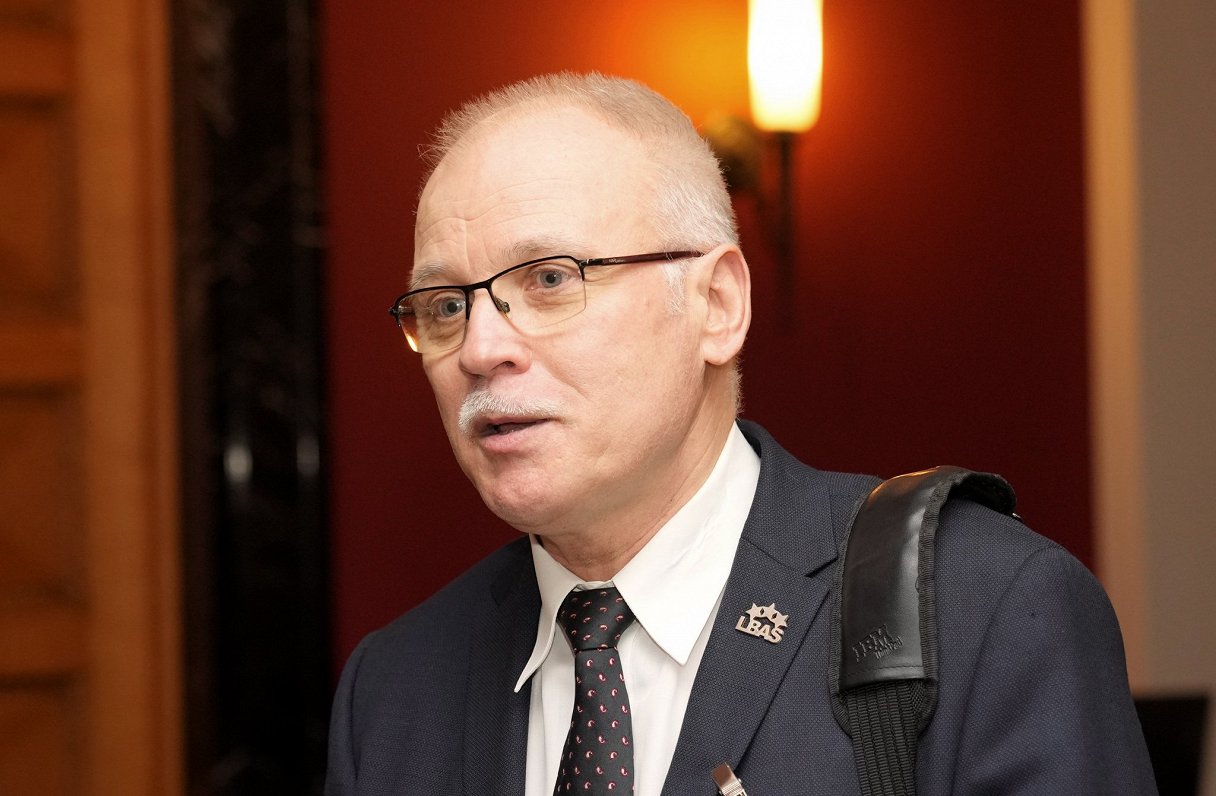The Latvian Trade Union of Health and Social Care Workers (LHRSW) plans to send an open letter to the government urging an increase in healthcare funding for 2025, said leader Valdis Keris. Latvia’s healthcare spending lags behind the EU average (7.7% of GDP), with one of the lowest nurse-to-population ratios in the EU.
According to LHRSW leader Valdis Keris, Latvia’s healthcare expenditures remain among the lowest in the EU, falling behind both the EU average of 7.7% of GDP and the 6% of GDP target set by the 2021–2027 Public Health Principles. The ratio of doctors to the population is below the EU average, and the number of nurses per capita is one of the lowest in Europe.
The European Commission’s recent report on Latvia’s economic, social, and healthcare policies was particularly critical of the country’s healthcare system, highlighting chronic underfunding as a major issue.
“Decades of inadequate funding have resulted in long patient queues, poor access to medical services, and an ongoing staff shortage caused by uncompetitive salaries,” said Keris.
One of the most alarming consequences of underfunding is high preventable mortality, with Latvia losing thousands of working-age people each year—lives that could be saved with proper healthcare funding.
“If we don’t want to turn this country into a well-guarded cemetery, we must act immediately,” warned Keris.
LHRSW has invited Prime Minister Evika Siliņa and Minister of Health Hosam Abu Meri to a September 17 meeting to address the funding crisis.
“Depending on their responses, we will decide on further actions,” said Keris, hinting at possible escalation if demands for increased funding are not met.
With Latvia’s healthcare system facing severe financial constraints, urgent government intervention is needed to prevent further workforce losses, improve access to care, and reduce preventable deaths. The upcoming discussions with top officials will be crucial in determining whether the government is willing to prioritize healthcare as a national emergency.




